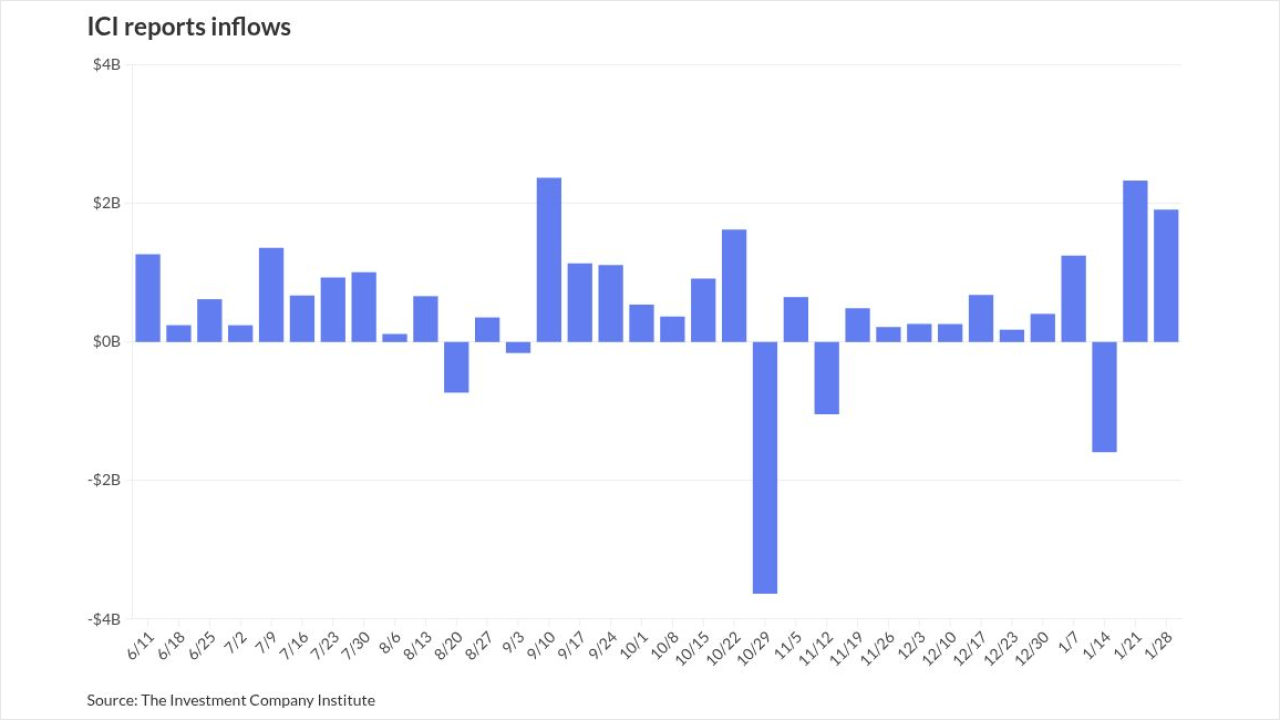A North Carolina judge has invalidated two statewide constitutional amendments approved by voters in November, including one that placed a cap on the state income tax rate.
Wake County Superior Court Judge G. Bryan Collins

The amendments — lowering the maximum state income rate to a maximum of 7% from 10% and imposing a requirement for voters to show photo identification when casting ballots — are void, Collins said in a 14-page decision.
“We’re thrilled the court has made clear that our state’s core foundational document can only be amended when all people of North Carolina are properly represented,” said Kym Hunter, senior attorney at the Southern Environmental Law Center, which represents the North Carolina NAACP.
The ruling stemmed from a lawsuit filed by the NAACP, Forward Justice, and attorney Irving Joyner in August.
The court-voided amendments were placed on the ballot by the Republican-led Legislature.
Senate President pro tempore Philip Berger, R-Rockingham, said the ruling could cause “chaos and confusion” by calling into question laws passed by the current Legislature over the past 18 months.
“We are duty-bound to appeal this absurd decision,” Berger said. “It appears the idea of judicial restraint has completely left the state of North Carolina.”
Patrick Ryan, an aide to Berger, said an appeal of Collins’ ruling was being filed Monday.
Gov. Roy Cooper, a Democrat who also opposed the amendments, didn’t respond to a request for comment on the ruling.
The income tax rate cap was passed with 57.35% of the votes cast in November, while the voter ID amendment was approved with 55.49% of the vote, according to the State Board of Elections and Ethics Enforcement.
S&P Global Ratings had said that capping the state income tax could present “unnecessary budgetary challenges should the state experience significant fiscal stress in the future.”
The tax cap amendment doesn't have an immediate impact because the state's top rate is already below the new, lower cap.
It was placed on the ballot several years after the state began reducing its income tax rates and expanding its tax base, S&P analyst Timothy Little said in a July 9 report. The state moved to a flat tax rate of 5.8% in 2014. On Jan. 1, 2019, the state budget lowered the personal income tax rate to 5.25% from 5.499%.
“Given the current distance of the personal income tax rate from the proposed maximum allowable rate, we do not expect voter approval of the [tax rate] reduction to have a rating impact,” Little said. “For fiscal 2017, individual income taxes were the state's largest general fund revenue source, 52.9%, followed by sales and use taxes, 31%.”
North Carolina’s general obligations bonds are rated triple-A by Fitch Ratings, Moody's Investors Service and S&P.
The North Carolina Republican Party called the ruling on the two amendments voided by Judge Collins “ridiculous”
“These amendments were placed on the ballot and passed by an overwhelming majority of North Carolinians,” said a statement by GOP Chairman Robin Hayes. “This unprecedented and absurd ruling by a liberal judge is the very definition of judicial activism. We look forward to the appeals court throwing out this ruling with impunity.”





